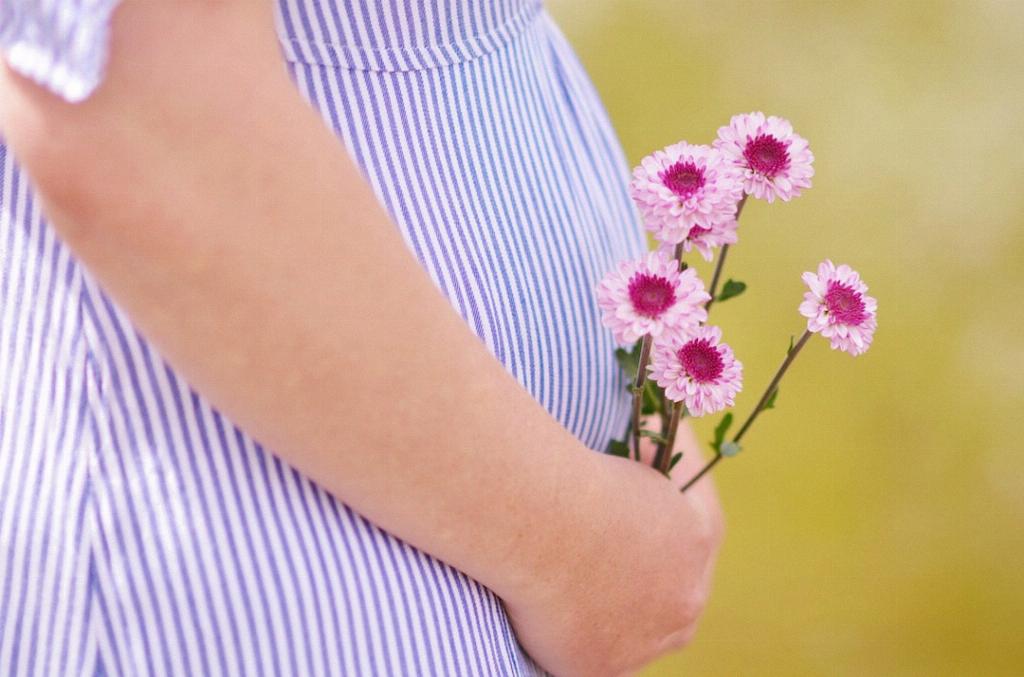During early pregnancy, experiencing cramps similar to menstrual cramps can be a common occurrence for many expectant mothers. These cramps may be concerning, especially for first-time mothers, but it is important to understand that they are often a natural part of the pregnancy process.
Causes of Cramps in Early Pregnancy
The cramps that occur in early pregnancy are typically caused by the stretching of the uterus as it expands to accommodate the growing fetus. This stretching can cause mild to moderate cramping sensations, which are usually felt in the lower abdomen or pelvis area.
Managing Cramps with Position Changes
If you are experiencing cramps in early pregnancy, one simple way to alleviate the discomfort is by changing your position. Sometimes, simply moving from a sitting to a standing position, or vice versa, can help to ease the cramping sensation.
Staying Hydrated and Resting
Another important factor in managing cramps during early pregnancy is staying hydrated and getting enough rest. Dehydration can exacerbate cramping, so it is essential to drink plenty of water throughout the day. Resting and avoiding overexertion can also help to reduce the intensity of cramps.
Warm Baths for Relief
For some expectant mothers, taking a warm bath can provide relief from cramps. The soothing warmth of the water can help to relax tense muscles and alleviate discomfort. However, it is important to ensure that the water temperature is not too hot, as this can be harmful during pregnancy.
Using a Heating Pad
Applying a heating pad to the lower abdomen can also be an effective way to manage cramps in early pregnancy. The gentle heat can help to increase circulation and reduce muscle tension, providing relief from cramping sensations.
Wearing Comfortable Clothing
During early pregnancy, wearing loose and comfortable clothing can make a difference in managing cramps. Tight clothing can constrict the abdomen and exacerbate cramping, so opting for breathable and relaxed clothing can help to alleviate discomfort.
Gentle Exercise and Stretching
Engaging in gentle exercise and stretching routines can also be beneficial for relieving cramps in early pregnancy. Activities like prenatal yoga or walking can help to improve circulation and reduce muscle tension, providing relief from cramping sensations.
Consulting Your Healthcare Provider
If you are experiencing persistent or severe cramps during early pregnancy, it is important to consult your healthcare provider. While mild cramping is often normal, persistent or intense cramping could be a sign of a more serious underlying condition that requires medical attention.
Supportive Measures for Comfort
In addition to the aforementioned strategies, using supportive measures such as pillows or cushions to prop up your legs while resting can also help to alleviate cramps. Finding a comfortable position that reduces pressure on the lower abdomen can provide relief from cramping sensations.
Listening to Your Body
Ultimately, it is crucial to listen to your body and pay attention to the signals it is sending you. If you are experiencing cramps in early pregnancy, be sure to prioritize your comfort and well-being by implementing the aforementioned strategies and seeking guidance from your healthcare provider if needed.
Final Thoughts
Cramps in early pregnancy, while common, can be managed effectively through a combination of lifestyle adjustments, supportive measures, and medical guidance when necessary. By understanding the causes of cramps and implementing strategies to alleviate discomfort, expectant mothers can navigate this aspect of pregnancy with greater ease and comfort.

